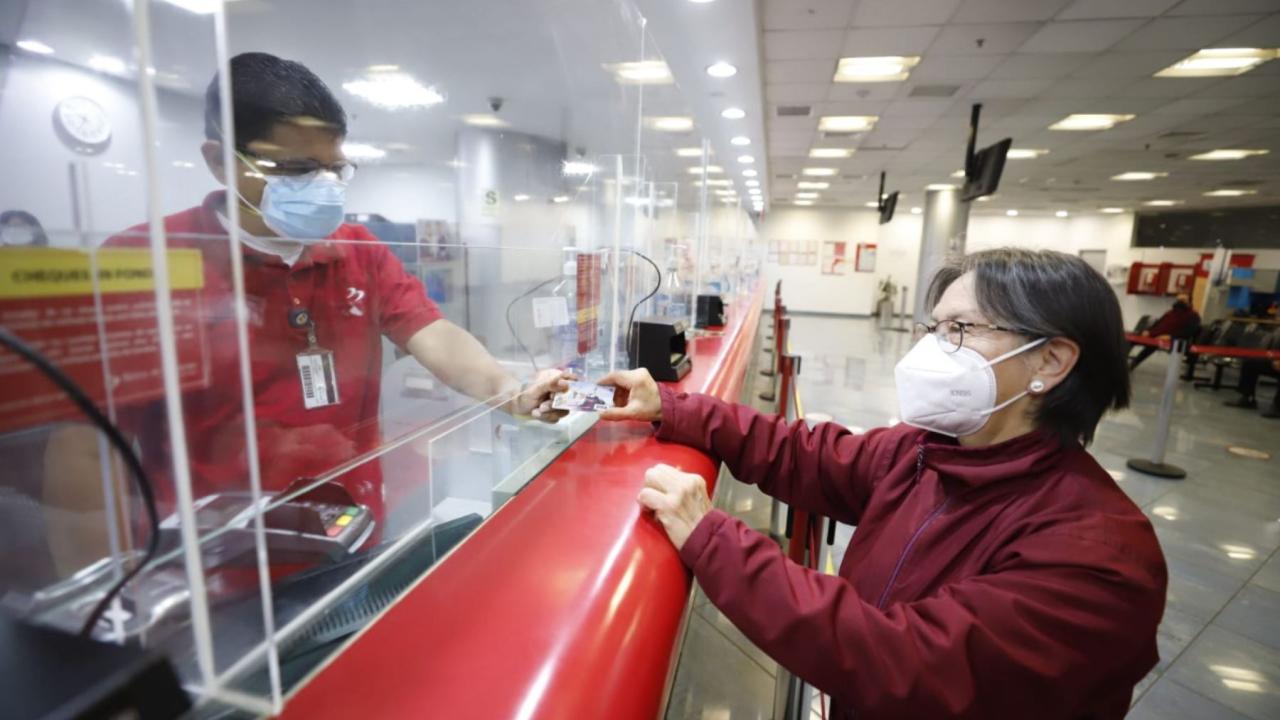
With this provision, new extraordinary withdrawals can no longer be made in contexts of economic crisis or health emergencies.
The Plenary Session of the Peruvian Congress prohibited the total or partial withdrawal of the funds accumulated in the individual accounts of mandatory contributions by members of the Private Pension System (SPP) during its active stage, within the framework of the reform of the pension system, approved Thursday night.
With this provision, new extraordinary withdrawals can no longer be made in contexts of economic crisis or health emergencies.
This measure seeks to ensure the availability of funds at the time of retirement, the opinion says.
Another important point in the legislative proposal is that those under 40 years of age are prohibited from withdrawing 95.5% in retirement.
That is, only members who are 40 years old or older at the time the law comes into force will be able to choose to withdraw up to 95.5% of their funds upon retirement. Those under 40 years of age will not have this option, in order to guarantee sufficient savings for their old age.
It is also established that the minimum age to access the Special Early Retirement Regime (REJA) in the Private Pension System will be 55 years. This represents an increase compared to the current regulations that allow early retirement from age 50.
The legislative proposal also creates the consumption contribution, which is a voluntary contribution for pension purposes from consumption expenses made by members duly supported by payment receipts containing the corresponding National Identity Document (DNI).
The payment receipt issued that will be considered for the consumption pension may have a maximum value of up to S/ 700 (US$ 184).
The consumption contribution is administered by the Private Pension System (SPP), through a special account, which may be subject to the payment of a commission. The characteristics, operation, contribution mechanisms, among others, are established in the corresponding regulations.
In addition, the initiative indicates that the retirement age in the new system is set at 65 years, for men and women.









